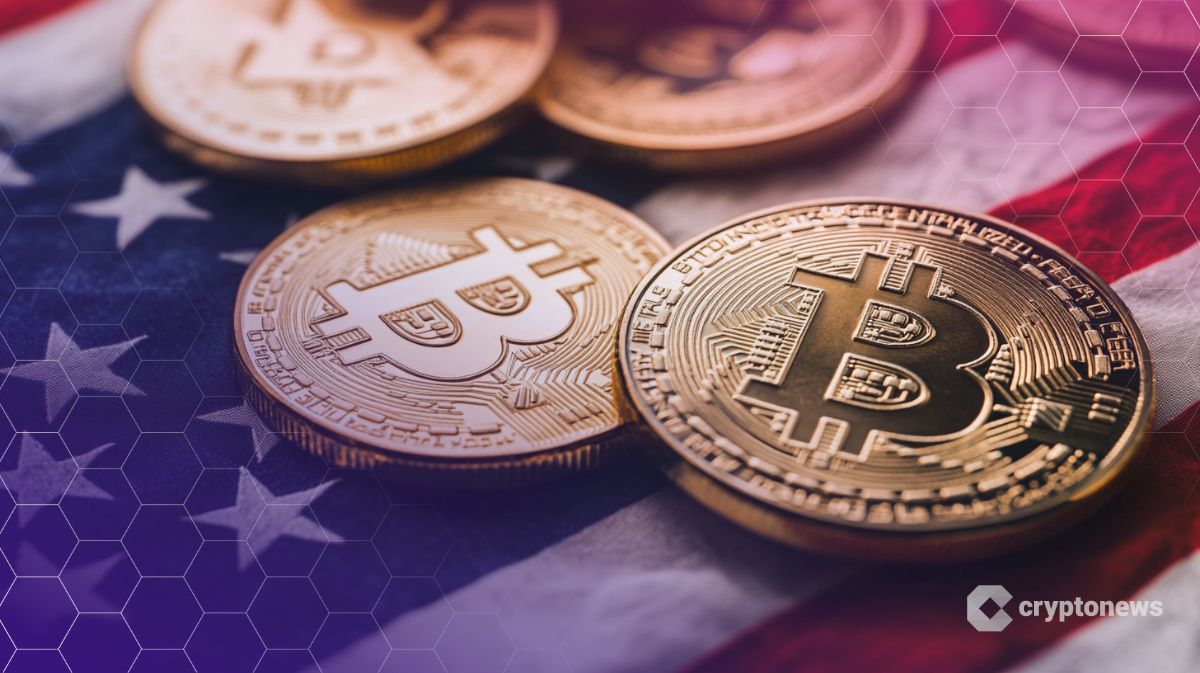US Envoy Steve Witkoff’s Trump-Linked Crypto Holdings Spark Major Ethics Firestorm

Diplomatic crypto clash rocks Washington—special envoy Steve Witkoff refuses to dump Trump-affiliated digital assets, triggering ethics alarms across the capital.
Regulatory Gray Zone
Witkoff's portfolio includes controversial tokens tied directly to former President Trump's ventures—blurring lines between diplomatic duty and personal investment in the wild west of political crypto. No disclosure timelines, no transparency frameworks—just old-school influence trading with a blockchain facade.
Washington's Silent Approval?
The State Department's silence speaks volumes. While traditional officials divest conflicting assets, crypto-envoys operate in regulatory shadows—where moonbags matter more than ethics guidelines. Because why follow conflict-of-interest rules when you can just HODL through the scrutiny?
Another day in DC—where public service meets private gain, now with extra decentralized flavor. Because nothing says 'diplomatic integrity' like betting your portfolio on political volatility.
Witkoff Working With Ethics Counsel to Divest Trump-Linked Crypto
Witkoff has submitted his financial disclosure and is actively working with ethics counsel to divest the assets in question, Bloomberg reported, citing a WHITE House official.
However, the ongoing delay has drawn scrutiny, particularly given World Liberty Financial’s business activity in regions where Witkoff is directly involved in diplomacy.
The company’s stablecoin, USD1, is reportedly being used by MGX, a $2 billion investment fund launched by the Abu Dhabi government in 2024, to invest in cryptocurrency exchange Binance.
Former President TRUMP inked a technology agreement with the UAE during a May visit, further tying the venture to U.S. diplomatic corridors.
To be clear – Trump gave UAE access to chips despite national security concerns China WOULD get them and dominate A.I — to put billions in his & Witkoff’s own pockets.
Selling out our country. Why don’t Republicans care? Where are all the Hunter hunters? https://t.co/iE8CXDbg4j pic.twitter.com/Qt9kh3pjO1
Though Witkoff claimed in March he was taking steps to offload both real estate and crypto assets, a White House official said the divestment is still underway.
“These things can take time, particularly for individuals with complex portfolios,” the official noted. Nevertheless, the legal risk grows the longer the process takes.
Ethics rules mandate that senior administration officials divest assets that pose potential conflicts. While the president is exempt, officials like Witkoff are not.
Engaging in official matters where he retains financial interest could violate federal conflict of interest laws, carrying serious legal consequences.
In documents released Saturday, Witkoff disclosed that he had sold a $120 million stake in his namesake real estate firm.
He also reported $34 million in distributions from a holding company tied to World Liberty Financial and other businesses.
The New York Times previously reported that his crypto divestiture process remains incomplete.
Nearly 70 Trump Officials Hold Crypto
As reported, nearly 70 nominees and officials in the Trump administration reportedly hold crypto or investments in blockchain companies, with holdings ranging from modest sums to over $120 million.
The group includes Vice President JD Vance and seven Cabinet members or nominees, who collectively disclosed at least $2 million in crypto assets.
President Donald Trump himself has declared a personal stake of at least $51 million in digital assets amid the administration’s DEEP financial ties to the industry.
While some appointees have divested or plan to do so shortly after confirmation, the disclosures reveal a complex relationship between government officials and the crypto industry.
As special envoy, Witkoff is tasked with brokering peace deals, including high-stakes efforts in the Middle East and the ongoing Russia-Ukraine war.
His financial ties to a politically-connected crypto firm operating in those same regions have made him a focal point of ethics concerns within the administration.

